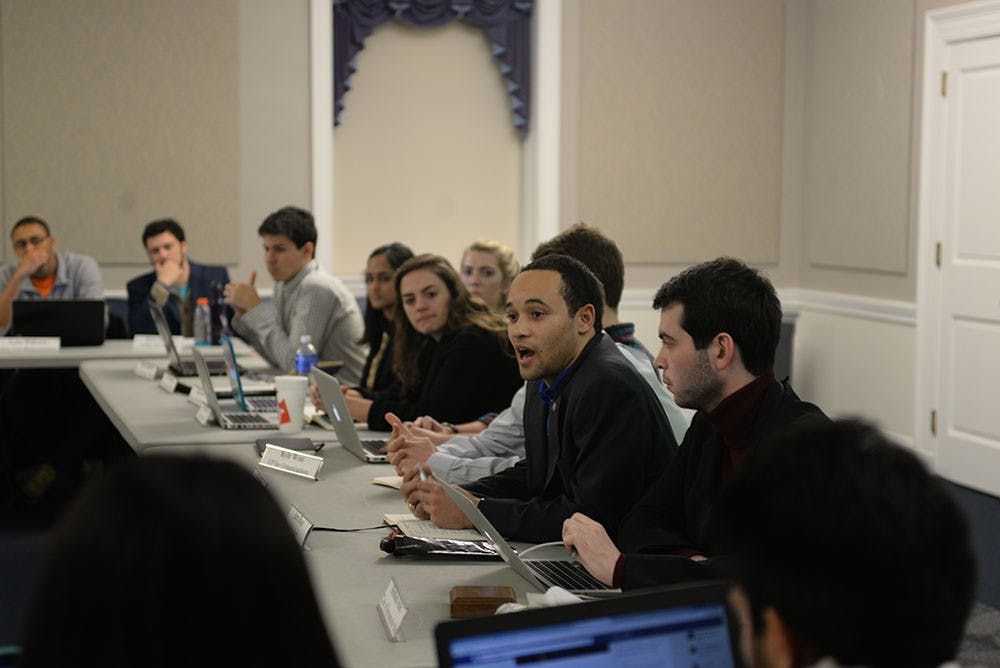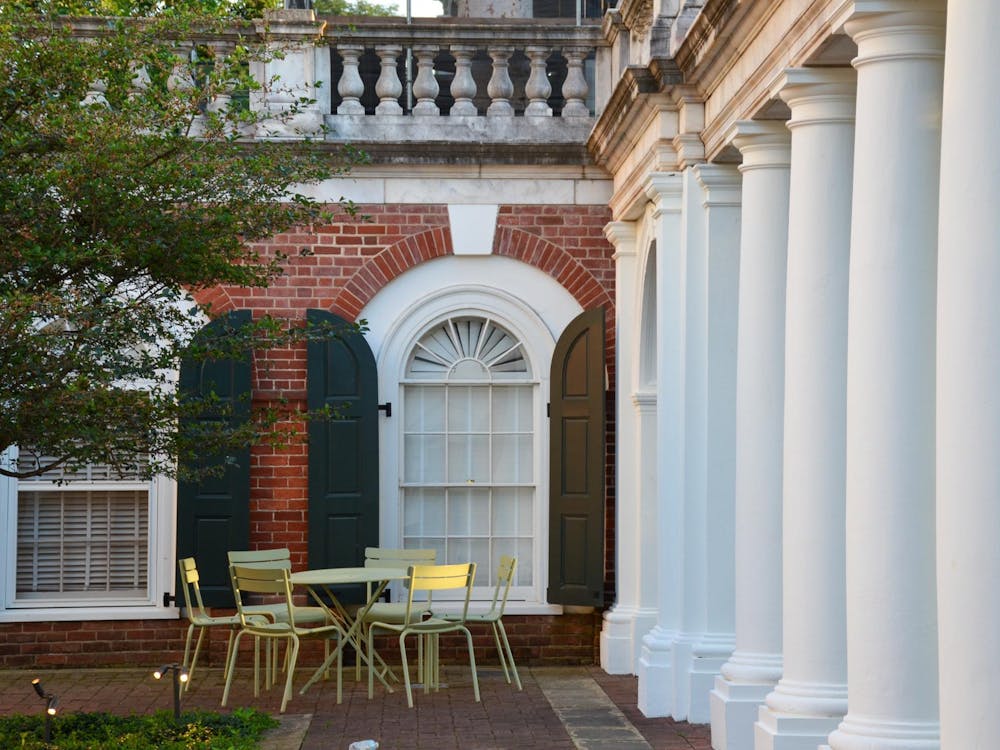The fate of two student safety initiatives — the subject of much debate and discussion throughout last semester among members of Student Council — is uncertain, Council members were told at their General Body meeting Tuesday.
Interim Director of Student Activities Emily Miles said she was involved in background discussions involving both Buddies on Call and Student Watch and that Council’s attempt to grant the groups a special status agreement with the University was unlikely to materialize.
Buddies on Call is a proposed student safety initiative that would allow students walking home at night to find another student — a “buddy” — to travel with. Student Watch would position students around Grounds at night — mainly the Corner — to respond to fellow students that appear in danger.
Originally proposed as contracted independent organizations, Council tried to adopt the initiatives as special status organizations to fall within its governance.
“By putting [the organizations] in, there’s duplication of what’s happening with the University’s ambassador program,” Miles said, referring to an upcoming safety initiative which will position unarmed, uniformed personnel around Grounds and popular off-Grounds during weekend evenings. “There’s also a tremendous concern that if they become part of the special status [agreement], they are essentially becoming volunteers with the University.”
An agreement with the University would require the volunteers be considered security agents, Miles said, which would require upwards of 100 hours of training.
Miles also said granting the organizations special status posed liability concerns, as student volunteers would not be covered under worker’s compensation, creating a gray area for the University should they be harmed while volunteering.
Representative Body Chair Abe Axler, a second-year College student, said he is disappointed in the unilateral approach the University took to address student safety.
“These organizations were in ways ready to launch and captured a lot of student interest,” he said. “I’m thrilled that University students will be safer than they were in the fall, but I’m deeply concerned about the lack of student involvement in the program’s creation.”
Miles said the organizations could only be approved as CIOs.
“The general train of thought for Buddies on Call and Student Watch is to go through a CIO process,” she said. “In becoming CIOs, they do take the liability on themselves.”
Miles said if the organizations became CIOs, they would be able to purchase liability insurance like some other CIOs currently do.
“There have been a lot of really wonderful and positive conversations,” she said. “There needs to be a student voice.”
At their meeting, Council also considered a bill to amend their bylaws in response to a letter from the Graduate Affairs Committee, which stated there was too little time between when the Representative Body receives proposed legislation and the subsequent meeting.
“The Graduate Affairs Committee has felt a little pressure on the time length we have to look at the bills,” Batten School Representative Alex Gregorio said.
The proposed changes would require any legislation to be due to the Representative Body Chair at least 72 hours before the Representative Body meeting. It would also require legislation to be sent to the Representative Body itself at least 48 hours before the meeting, instead of the current requirement of 24 hours.
“This solves the problem of getting the bill Monday night, and [not having] time to really look at them [and] to think about them critically,” Gregorio said. “You don’t really have time to talk to constituents, to get a feeling for what they want.”
Law School Representative Morgan Lingar said the proposed period was still too short for proper evaluation of bills.
“My recommendation was to actually make the period longer by a day or two,” she said. “I still think this is very quick if you want to reach out to constituents.”
Council tabled the bill so that its time frame would not affect any currently proposed legislation.
The Community Affairs Committee also passed a bill to send a student liaison to Charlottesville City Council.
According to the proposal, the non-voting student will act as a liaison for City Council to communicate with the University student body and will also be able to participate in City Council work sessions related to interests of the student body.







